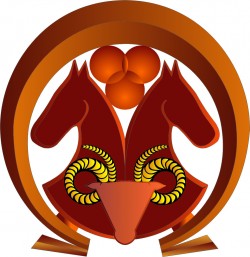Breeding and preservation of wild and companion animals
The qualifying subjects for admission to first-degree studies
biology or chemistry or mathematics
Education on the Breeding and preservation of wild and companion animals fields of studies includes issues relating to pet, or an animal kept within human households (dogs, cats, ornamental poultry, reptiles, amphibians) bred in situ and ex situ conservation of wildlife, as well as the broader ecology of animals and zoo – psychology. The studies programs includes the biological basis of cultivation and the maintenance of companion animals and wildlife, in which the emphasis is on the principles of animal husbandry, the conditions of their housing and feeding. An important part of studies are also issues concerning biodiversity, the problems of reintroduction and protection of endangered species.
First-degree studies – Breeding and preservation of wild and companion animals I (general characteristic, educational effects, plans)
- chemistry, metabolomics , zoology, animal anatomy and physiology
- nutrition of livestock, companion and wild animals
- management of populations, biodiversity, restoration and protection of animals,
- breeding and maintenance of companion animals and wild – dogs, cats, ornamental poultry, reptiles, amphibians, deer, organisation of animal production,
- zoo – psychology
- social-humanistic subjects, economy and foreign language
The integral part of stationary and non-stationary studies are terrain activities and professional practices can perform in a wildlife breeding centers, private farms companion animals, zoos and wildlife parks in the country and abroad, animal shelters, pet stores providing services in the field of companion animal care, national parks, etc.











